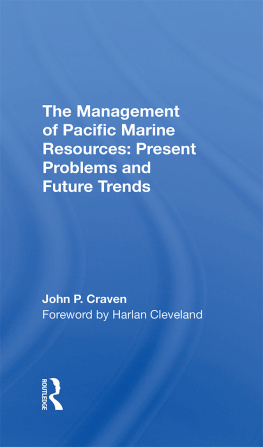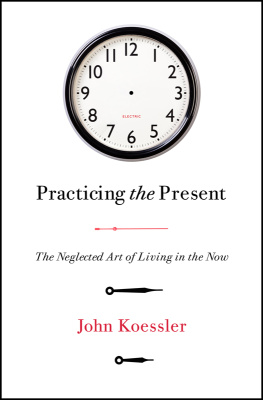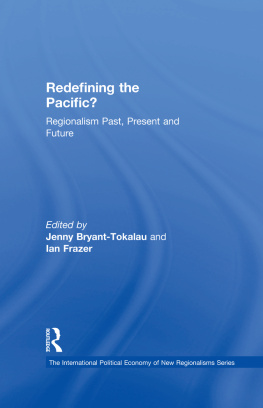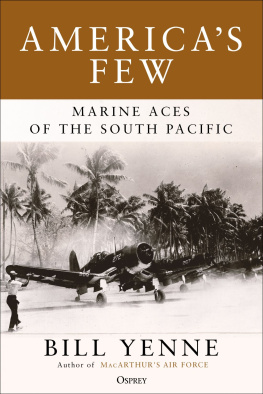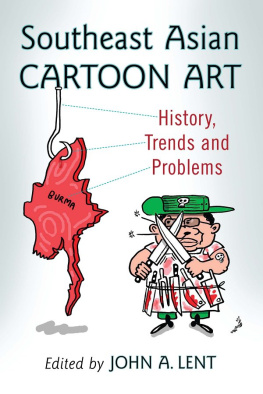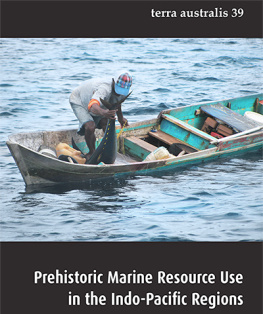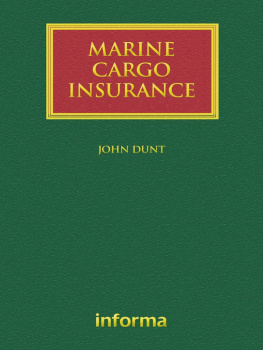John P Craven - The Management of Pacific Marine Resources: Present Problems and Future Trends
Here you can read online John P Craven - The Management of Pacific Marine Resources: Present Problems and Future Trends full text of the book (entire story) in english for free. Download pdf and epub, get meaning, cover and reviews about this ebook. year: 2019, publisher: Routledge, genre: Politics. Description of the work, (preface) as well as reviews are available. Best literature library LitArk.com created for fans of good reading and offers a wide selection of genres:
Romance novel
Science fiction
Adventure
Detective
Science
History
Home and family
Prose
Art
Politics
Computer
Non-fiction
Religion
Business
Children
Humor
Choose a favorite category and find really read worthwhile books. Enjoy immersion in the world of imagination, feel the emotions of the characters or learn something new for yourself, make an fascinating discovery.
- Book:The Management of Pacific Marine Resources: Present Problems and Future Trends
- Author:
- Publisher:Routledge
- Genre:
- Year:2019
- Rating:4 / 5
- Favourites:Add to favourites
- Your mark:
- 80
- 1
- 2
- 3
- 4
- 5
The Management of Pacific Marine Resources: Present Problems and Future Trends: summary, description and annotation
We offer to read an annotation, description, summary or preface (depends on what the author of the book "The Management of Pacific Marine Resources: Present Problems and Future Trends" wrote himself). If you haven't found the necessary information about the book — write in the comments, we will try to find it.
John P Craven: author's other books
Who wrote The Management of Pacific Marine Resources: Present Problems and Future Trends? Find out the surname, the name of the author of the book and a list of all author's works by series.
The Management of Pacific Marine Resources: Present Problems and Future Trends — read online for free the complete book (whole text) full work
Below is the text of the book, divided by pages. System saving the place of the last page read, allows you to conveniently read the book "The Management of Pacific Marine Resources: Present Problems and Future Trends" online for free, without having to search again every time where you left off. Put a bookmark, and you can go to the page where you finished reading at any time.
Font size:
Interval:
Bookmark:

Foreword by Harlan Cleveland

52 Vanderbilt Avenue, New York, NY 10017
2 Park Square, Milton Park, Abingdon, Oxon OX14 4RN
Product or corporate names may be trademarks or registered trademarks, and are used only for identification and explanation without intent to infringe.
Craven, John P.
The management of Pacific marine resources.
(Westview special studies in ocean science and policy) (Pacific basin project;
publication #1)
Published in cooperation with the Hubert H. Humphrey Institute of Public Affairs,
University of Minnesota, Minneapolis, Minnesota p. iv.
Includes index.
1. Marine resourcesPacific Ocean. I. Title. II. Series. III. Series; Pacific
basin project; publication #1.
GC1023.885.C73 1982 333.9164 82-8442
AACR2
- iii
- iv
- Maps
- Tables
Font size:
Interval:
Bookmark:
Similar books «The Management of Pacific Marine Resources: Present Problems and Future Trends»
Look at similar books to The Management of Pacific Marine Resources: Present Problems and Future Trends. We have selected literature similar in name and meaning in the hope of providing readers with more options to find new, interesting, not yet read works.
Discussion, reviews of the book The Management of Pacific Marine Resources: Present Problems and Future Trends and just readers' own opinions. Leave your comments, write what you think about the work, its meaning or the main characters. Specify what exactly you liked and what you didn't like, and why you think so.

